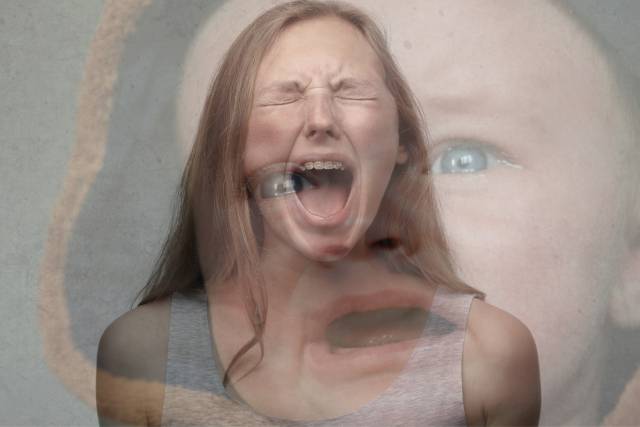When babies or young children are separated from their parents or main caregivers, it can leave a lasting mark on their emotional well-being. Dr. Clancy McKenzie’s research helps us understand how these early experiences might affect people years later.
What Happens During Separation?
Think of a young child’s connection to their parent like a safety blanket. When that blanket is suddenly taken away, the child feels scared and unsafe. Even if the separation is short – like going to daycare or staying with grandparents – it can feel very scary for some children.
The Hidden Effects
What makes Dr. McKenzie’s findings so important is that the effects of these early separations might not show up right away. Instead, they can appear much later in life, like a delayed reaction. This is what doctors call “delayed post-traumatic stress disorder” or delayed PTSD.
How Does This Work?
Here’s a simple way to understand it:
- A young child experiences separation from their parent
- This creates feelings of fear and worry
- The child might seem fine at first
- Years later, these buried feelings can surface
- This can lead to anxiety, stress, or other emotional difficulties
Signs to Watch For
Someone who experienced early separation might later show:
- Worry about being left alone
- Strong reactions to goodbyes
- Fear of abandonment
- Difficulty trusting others
- Unexpected anxiety or stress
Why This Matters
Understanding this connection helps in several ways:
- Parents can be more aware of how separations affect their children
- Adults who struggle with anxiety might better understand their feelings
- Healthcare providers can better help people by looking at their early childhood experiences
What Can Help?
If you’re a parent:
- Make separations gentle and gradual when possible
- Explain to children when you’ll return
- Keep promises about coming back
- Create comfortable goodbye routines
- Stay calm during separations
If you’re an adult dealing with these issues:
- Know that your feelings make sense
- Talk to someone you trust about your experiences
- Consider speaking with a counselor who understands early childhood experiences
- Be patient with yourself as you heal
Moving Forward
The good news is that understanding where these feelings come from is a big step toward healing. Just like a physical wound needs care to heal, emotional wounds from early separation can heal with the right support and understanding.
Remember: It’s never too late to address these experiences and find help. Many people have gone through similar situations and have found ways to feel better and build stronger relationships.
Watch Dr McKenzie’s talk on Schizophrenia
Part 1 https://www.youtube.com/watch?v=xReDTowdTpc
Part 2 https://www.youtube.com/watch?v=EccYQ6KkMdA
Part 3 https://www.youtube.com/watch?v=7AJ4Mvr86e4





